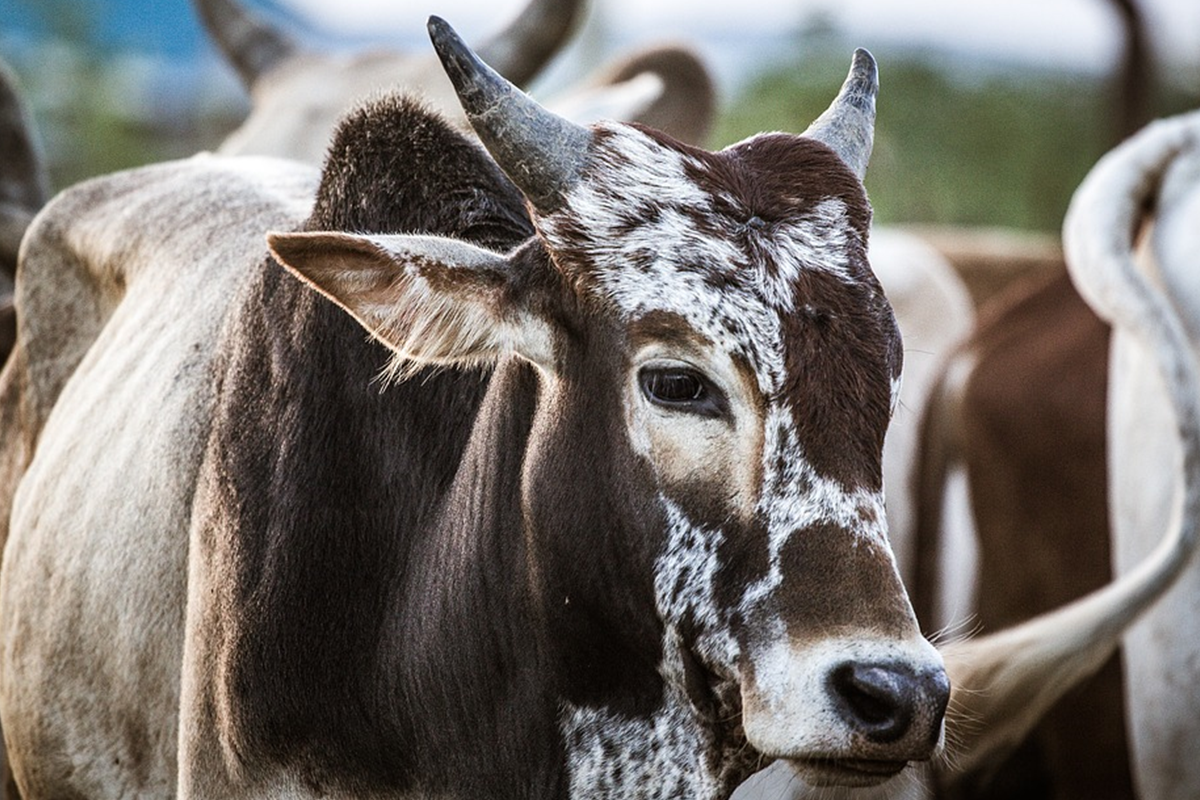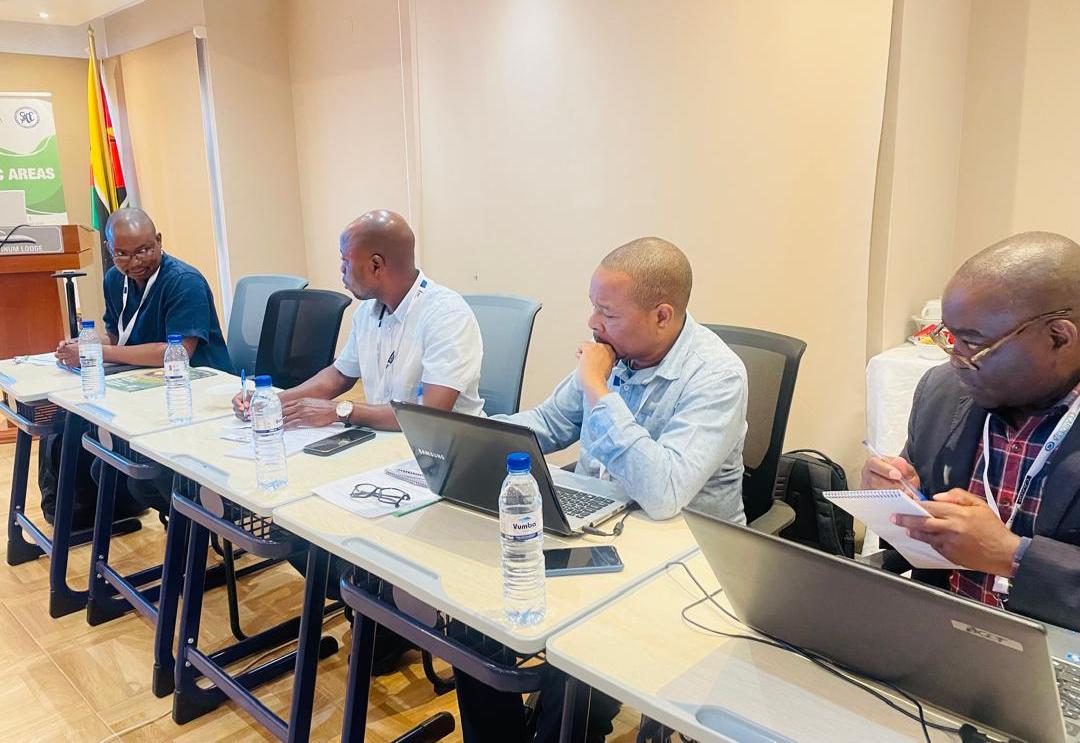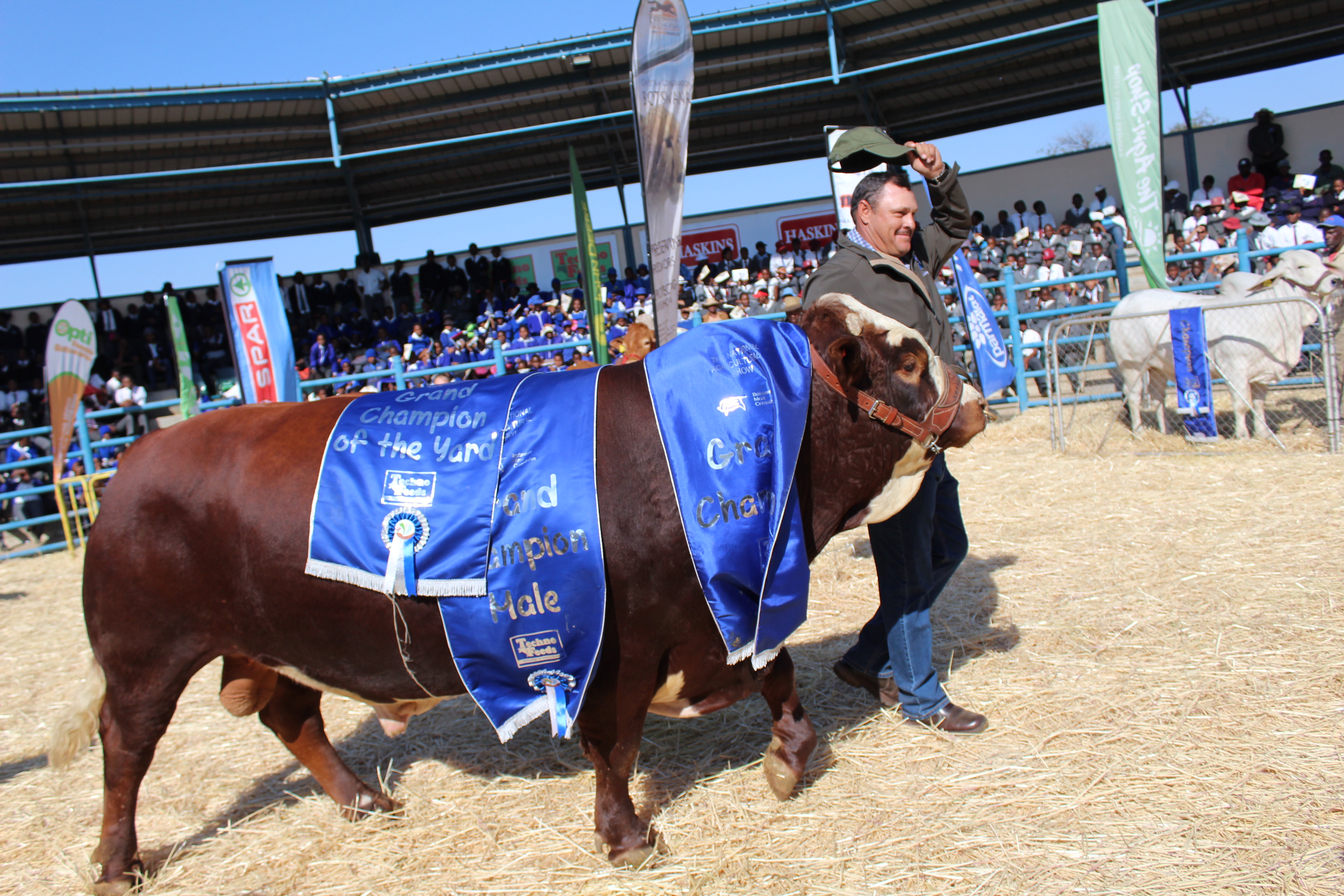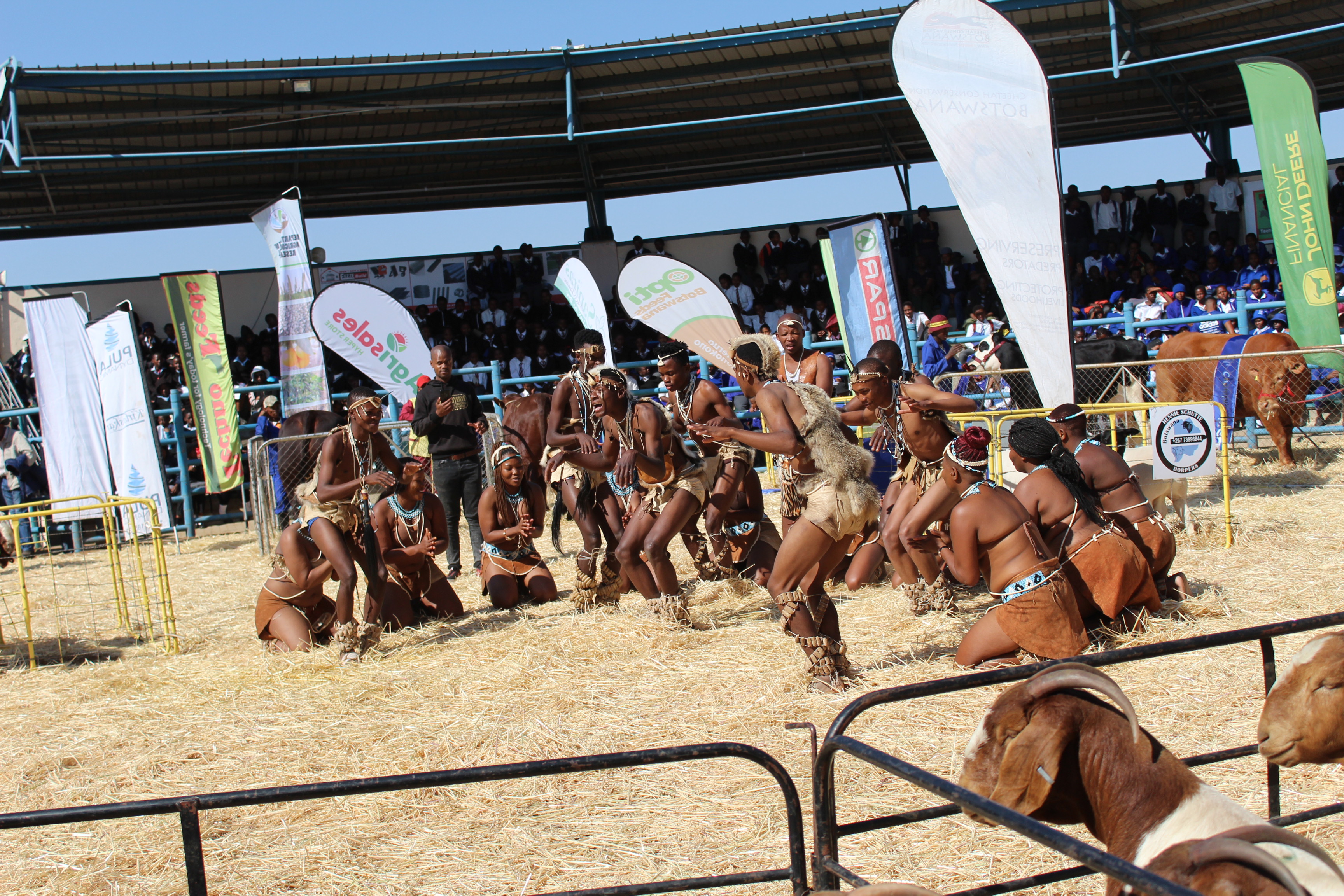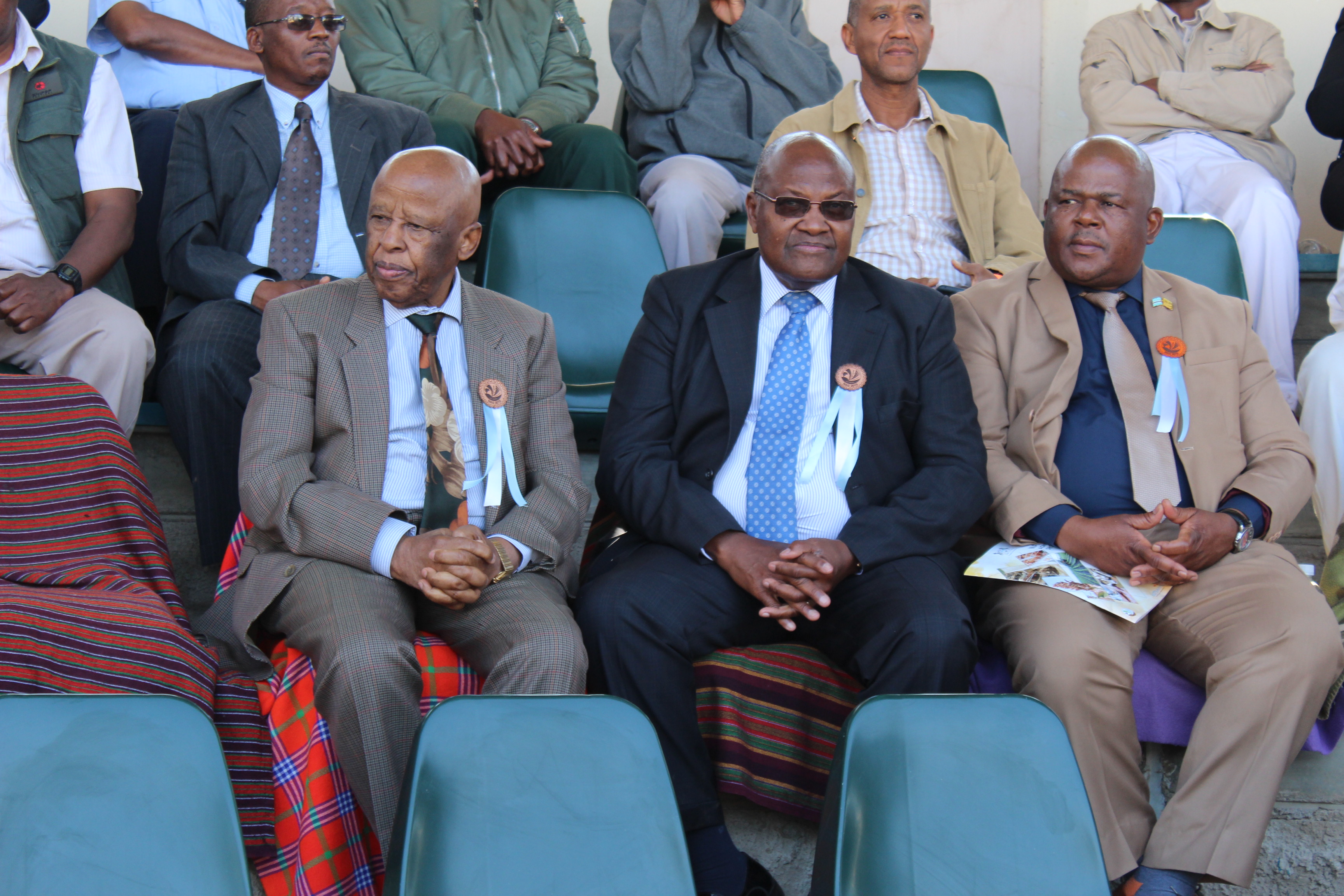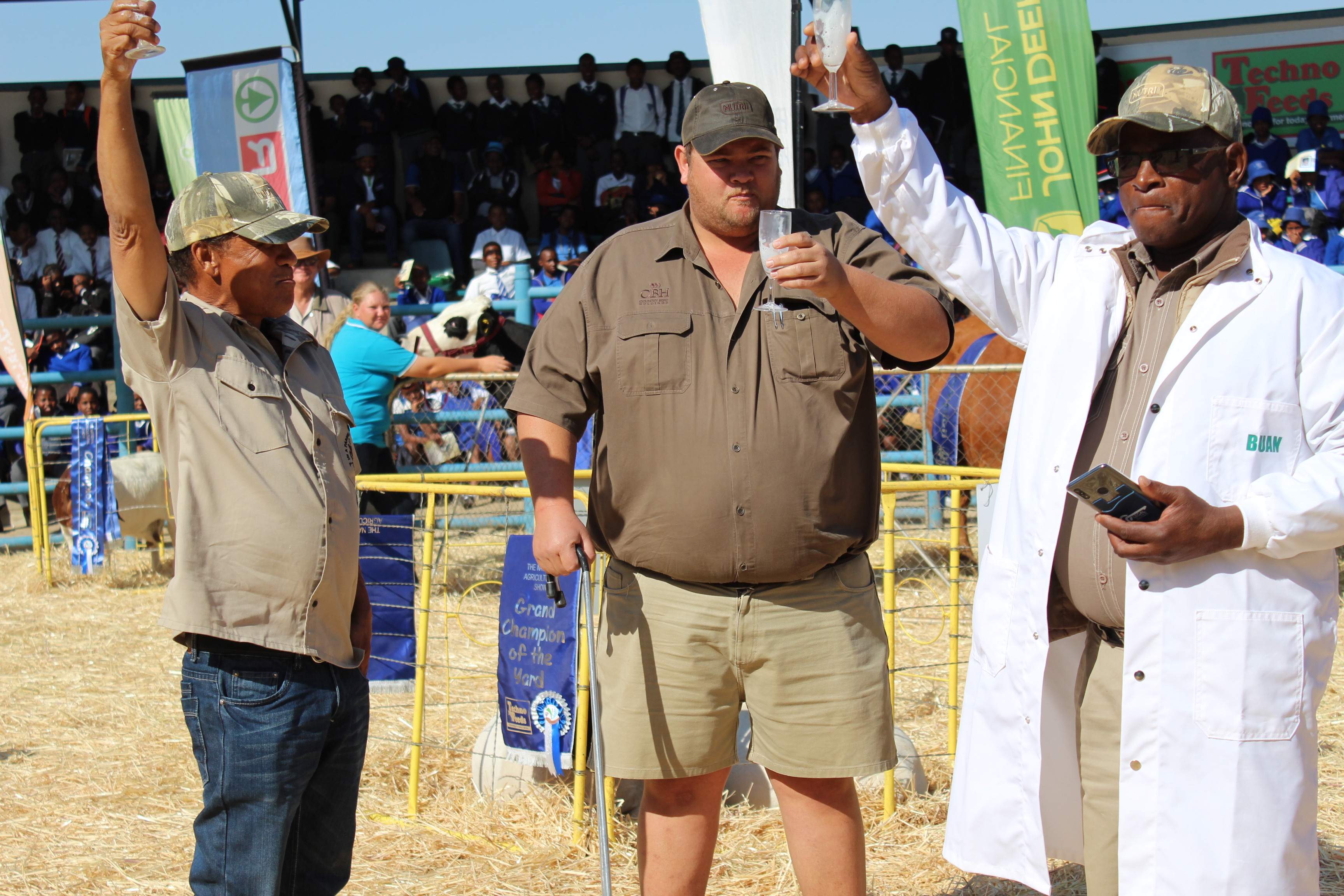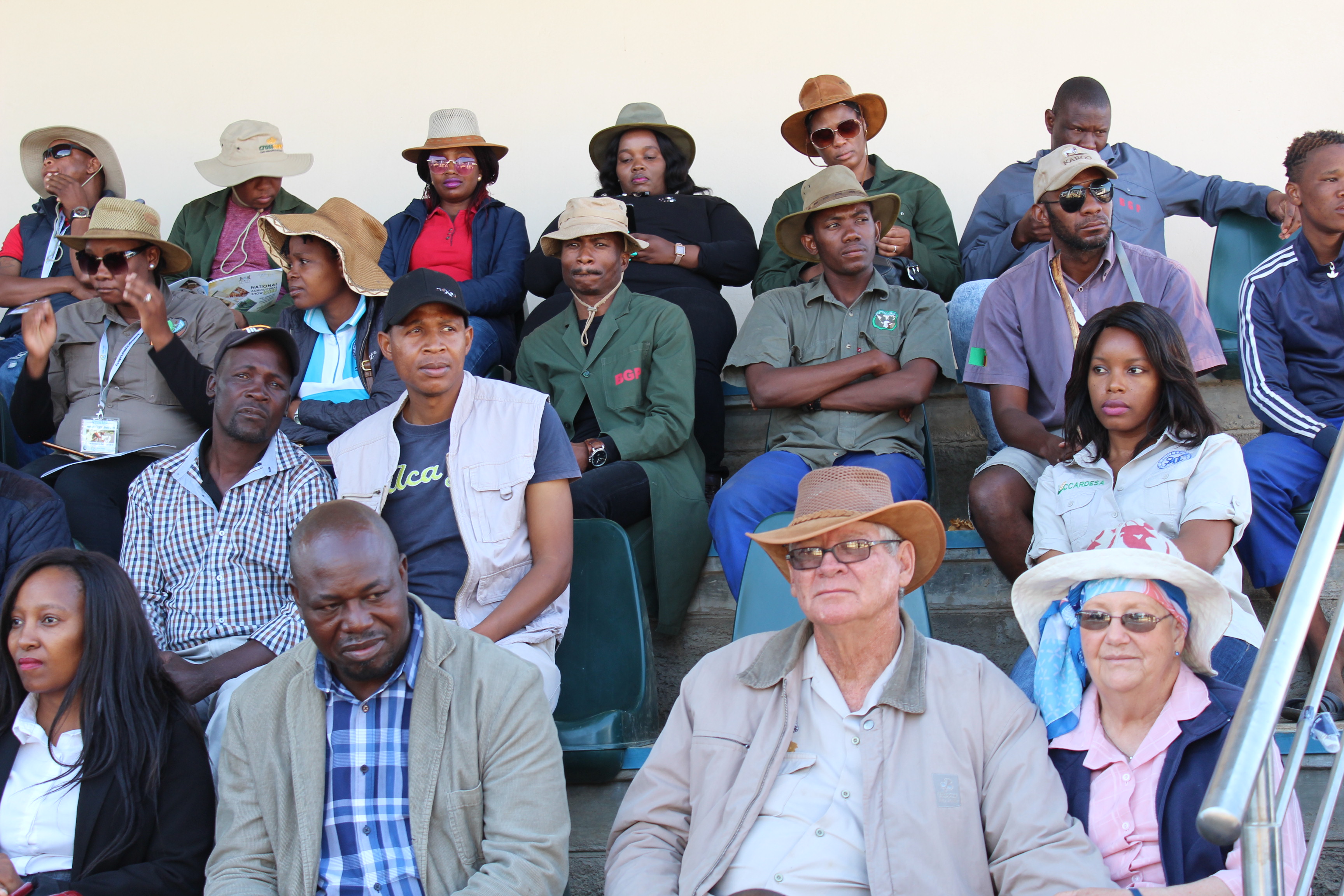Analysis of the Climate Change-related Elements in SADC Member States' Agricultural and Food Security Policies
This report analyses the status of incorporation of climate change adaptation and climate-smart agriculture (CSA) measures in the SADC Member States’ agriculture and food security frameworks and policies. It details the current situation in the SADC member states with respect to the existence of policies, strategies and programmes that were primarily designed to build resilience to climate change among famers.
Adaptation
Mitigation
Agriculture
Food Security
Policy
SADC
Climate Smart
CSA
Regional Agricultural Policy
RAP
CCARDESA. 2017. Analysis of the Climate Change-related Elements in SADC Member States' Agricultural and Food Security Policies, CCARDESA, Gaborone


